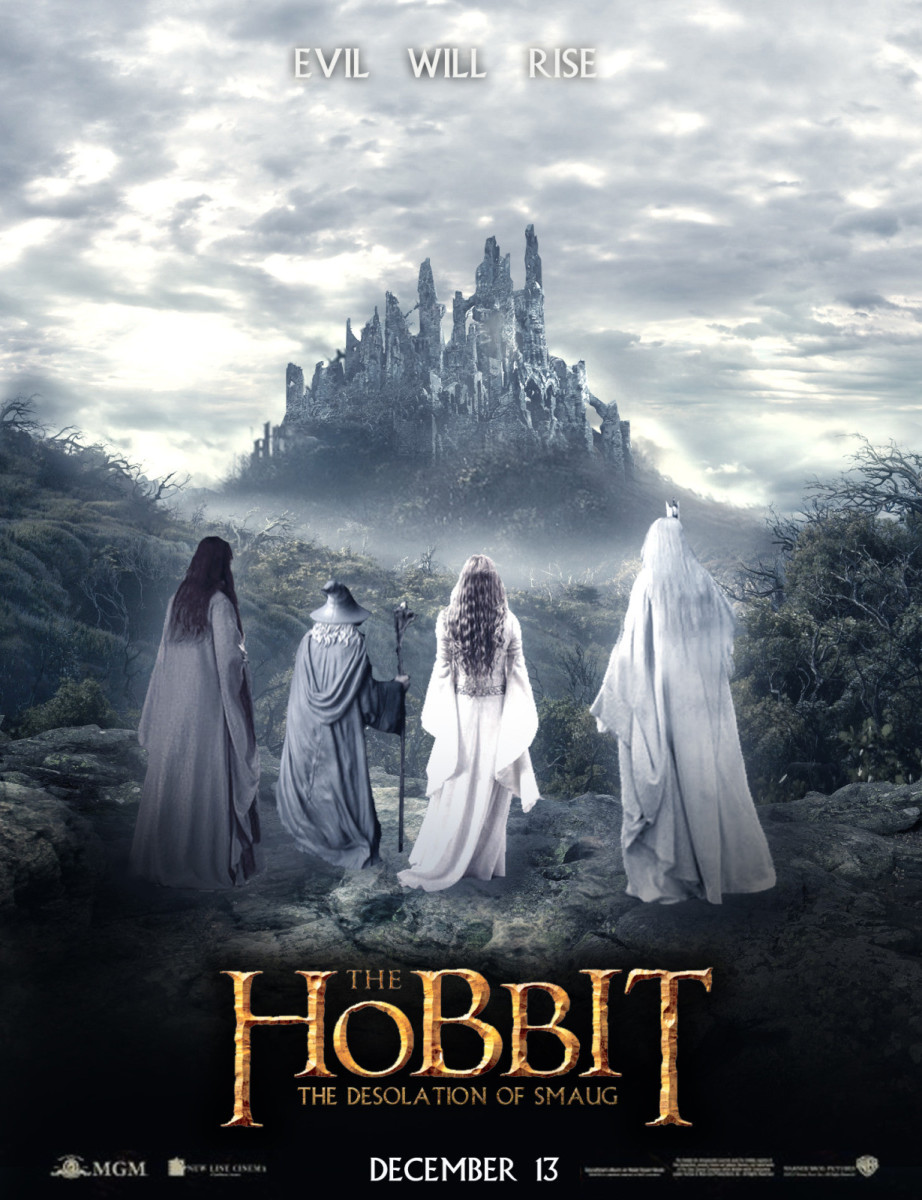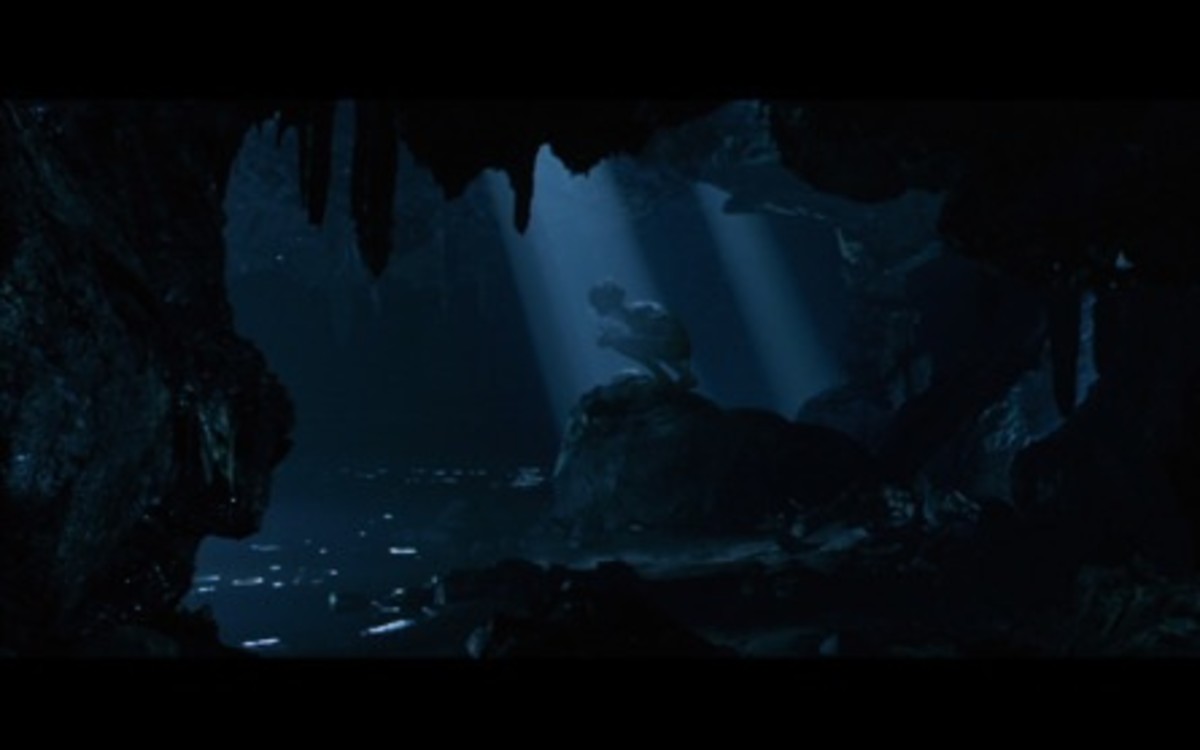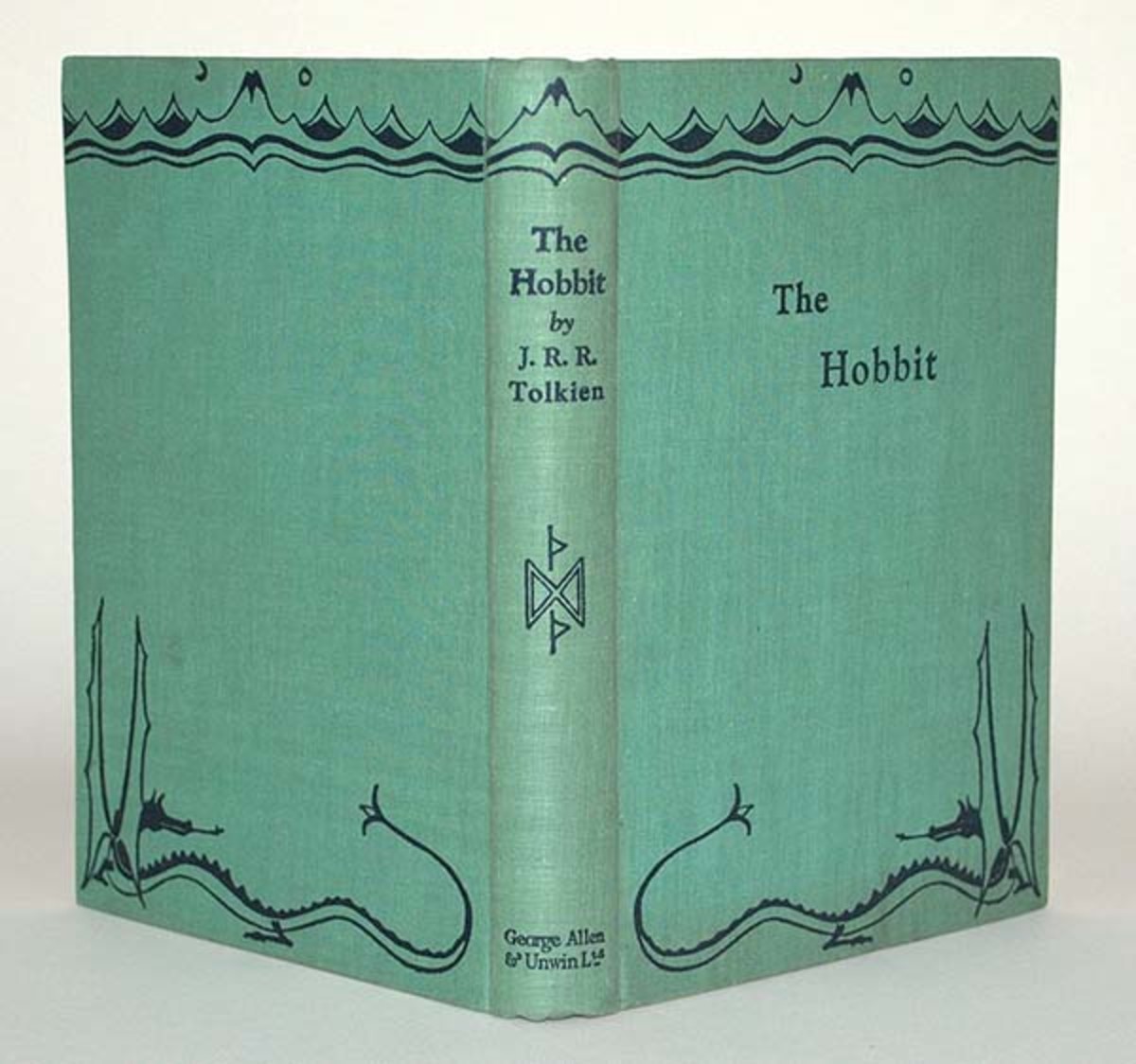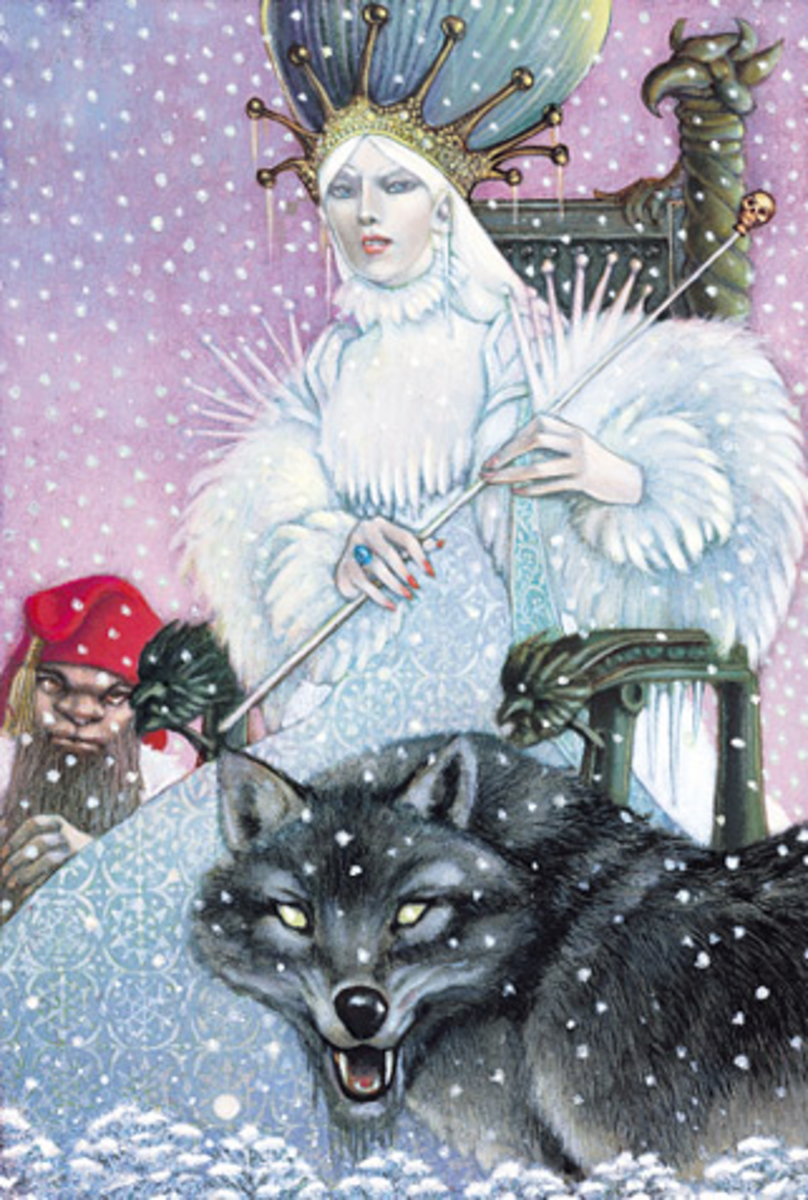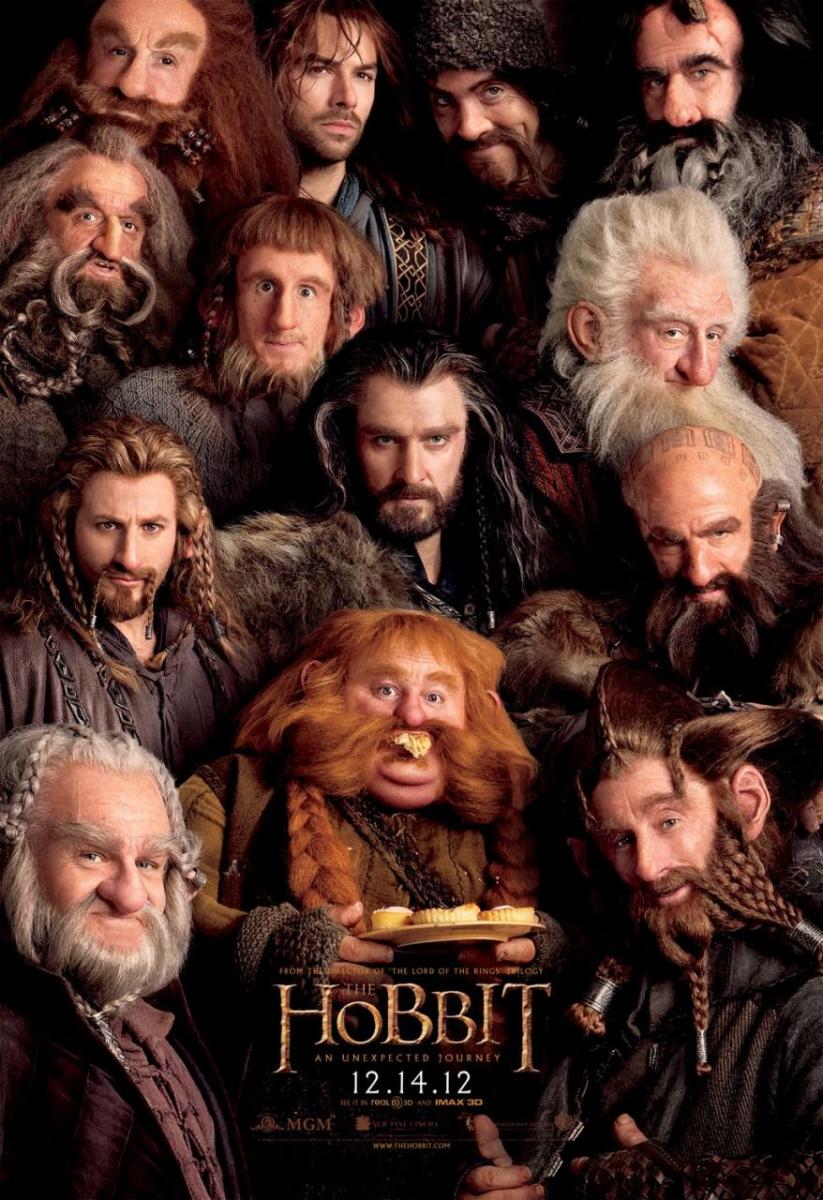- HubPages»
- Books, Literature, and Writing»
- Books & Novels»
- Fiction»
- Science Fiction & Fantasy Books»
- Fantasy
Fan Theories: Lord of the Rings

Introduction
J.R.R. Tolkien's The Hobbit shook his day's literature by the core. A book originally intended for his children ended up defining the genre of fantasy and influencing hundreds, if not thousands of masterpieces during the next decades.
What made his works so popular, that's a question to which many answers are provided, both in everyday conversations and academic essays. With Peter Jackson's movies released and the world itself introduced to the video games industry, the franchise expanded to be perhaps the most recognized fantasy franchise ever.
With that in mind, it's no wonder many fans and lovers to both the books and the movies craft theories. The main problem arises from the fact that the original author passed away in 1973. While J.K. Rowling often comments on Harry Potter theories and speculations, the mastermind behind Middle Earth can't answer these and as such the mystery is even more evident.
Frodo's parents were murdered by Gollum
It's common knowledge that Bilbo isn't Frodo's father or grandfather, he's a second-line uncle to the hobbit. Frodo's parents actually died in a boating incident back when he was only twelve, and Bilbo took him in as an adopted child.
The question remains though, as to how his parents actually died. They are said to have drowned in the Brandywine river, although that'd be rather peculiar as they spent most of their lives next to that river, meaning that both Drogo (the father) and Primula (the mother) were possibly good swimmers. The books include speculations of other hobbits that Primula actually pushed Drogo into the waters, and the man grabbed the woman and pulled her in as well.

Yet there's a more interesting theory. It's never explained in the books whether Gollum actually tried to find Bilbo in the Shire to reclaim the One Ring. It's possible that he went back and found someone called 'Baggins', tipped their boat over and attempted to recover the ring from their sunken corpses, but failed as the couple had nothing to do with Sauron's ring.
Gollum, chased by locals who sought to find the culprit to the murder, fled the shire and was later captured by Sauron's forces, them taking him to Mordor for questioning where he eventually revealed the two words: 'Shire' and 'Baggins'.
It doesn't truly change the story at all, however it does raise a question about Gandalf's remark on certain characters playing an important role in the story that we aren't even aware of. Technically, if we presume Gollum was the one killing Frodo's parents, then the event not happening would lead to Frodo growing up separated from Bilbo and never becoming the ring bearer.
A tad bit dark, but makes perfect sense.
The grand eagle theory
Tolkien is perhaps most infamous for his aquila ex machina, eagles appearing out of nowhere to save the day. Fans have been trying to find the answer to the question though, as to why the eagles didn't just fly the fellowship of the ring to Mordor.
Some say Sauron was watching the skies, some say putting the ring bearer on an eagle would have been too much of a risk. All in all however, certain dire or long parts of the journey could have been completely avoided, crossing the mountains for once or traversing Rohan.
Reddit user VulcanDeathGrip suggested a theory a few years ago. According to it, Gandalf intended to use the eagles to get the ring to Mordor all the time during the first book in the trilogy. The plan was to secretly smuggle the fellowship to the eagle nest in the north of the Misty Mountains, the reason why Gandalf opposed crossing through the Gap of Rohan so much.
Instead of the Redhorn pass though they traverse the mines of Moria where he meets Balrog. The last line spoken by Gandalf before disappearing into the void is 'Fly, you fools!'. While in its most obvious sense it definitely means 'Get yourselves out of here and flee!', theorists think it was actually Gandalf's attempt to tell the fellowship to go to the eagle nest and literally fly.
'He staggered and fell, grasped vainly at the stone, and slid into the abyss. 'Fly, you fools!' he cried, and was gone.''
— J.R.R. Tolkien, original textAs for the how and why the eagles could or could not have taken Frodo and friends to Mount Doom, there's a whole paper written on the issue that's a lovely read.
Gandalf is the creator God
In Tolkien's universe, the world was created by one deity called the Iluvatar. Much like the Christian God, he too had angels by his side, of which one rose against him and turned to be Morgoth (the one who later ended up corrupting a Maia, someone of the same race as Gandalf or Saruman, converting him to be Sauron).
Now Iluvatar is a passive deity, he seems to prefer to let events unfold and only interfere on a very minor level. This role perfectly fits Gandalf's, who appears out of nowhere to help random strangers with wisdom that could only belong to a true deity. We know Gandalf is not a mere human, but considering the fact that he could be the avatar of the all-creator, that's something interesting.
When fighting Balrog, he even states he 'wields the flame of Agnor', which could refer to the eternal flame of life, the creator's power to create the living. In that sense, Gandalf technically told the Balrog to back off because he's the creator of the universe itself. It also provides a reason for why Gandalf can't seem to die, and why he possesses power that's always 'just a bit enough' to turn the tides of battle.

Tom Bombadil is the witch king
Tom Bombadil was one of the characters not present in the movies, mostly because his role was pretty-much independent of the main story-line and he could be easily cut.
In the books, he saves Pippin and Merry from the Old Man Willow, an ent-like tree that entraps them. After that, the hobbits spend two nights in his farmhouse. Later in the book, Tom saves the hobbits from wights in the Barrow-downs.
There's something strange about him too. The ring doesn't seem to have any effect on him, he can see Frodo when he pulls on the ring and he can even do 'magic tricks' with it. An early-internet theory suggests that this is because he does in fact have control over the ring, as a ring-wraith himself, being the witch king.
Evidence is provided in the form of Tom Bombadil acting strange whenever the ring wraiths are mentioned, the fact that he sees Frodo with the ring on just like the ring wraith see him in Weathertop and most of all, Elrond's and Gandalf's obvious but mysterious distrust towards him.
When proposed as a candidate to bear the ring to Mount Doom, he's quickly cast to the side as someone not appropriate. Why? Because Gandalf and Elrond know something the others don't. At the end of the third book, Gandalf mentions a visit to Tom Bombadil before making his way to Grey Havens. He never speaks of this encounter after arriving. Why? Maybe he never met Tom Bombadil because he died at the battle of Pelennor fields.
Community Feedback
Which do you think was the best movie of the two trilogies released?
© 2016 Medvekoma

